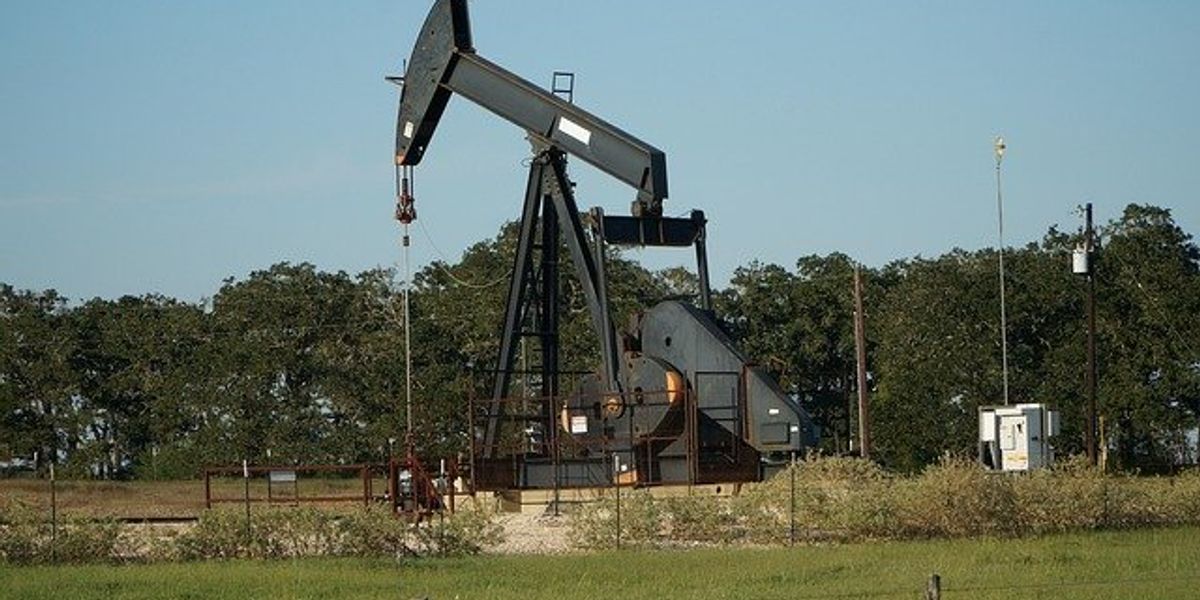
Indoor farming's impact on the environment scrutinized amid tech advances
Amid rising environmental concerns, high-tech indoor farms present a paradox, offering water-efficient agriculture that heavily relies on energy from fossil fuels.
Anna Phillips reports for The Washington Post.
In short:
- High-tech greenhouses and vertical farms provide controlled environments for crops, potentially mitigating the impacts of climate change on agriculture.
- These systems use a significant amount of energy, mainly from burning fossil fuels, to create perfect growing conditions.
- The industry is growing, with an increase in greenhouse space and a notable market presence in some regions, despite the energy concerns.
Key quote:
"It's a lot of the same technologies you'd see in a building for human comfort, but being put to use for plants. There’s extraordinary water efficiency in these facilities, but energy is really the Achilles’ heel."
— Jennifer Amann, senior fellow at the American Council for an Energy-Efficient Economy
Why this matters:
One of the standout benefits of high-tech indoor farming is its remarkable water use efficiency. However, the energy demands of high-tech indoor farms can be substantial. Farms powered by renewable energy sources, like solar or wind, can offer a more sustainable alternative, significantly reducing the operation's carbon footprint.














